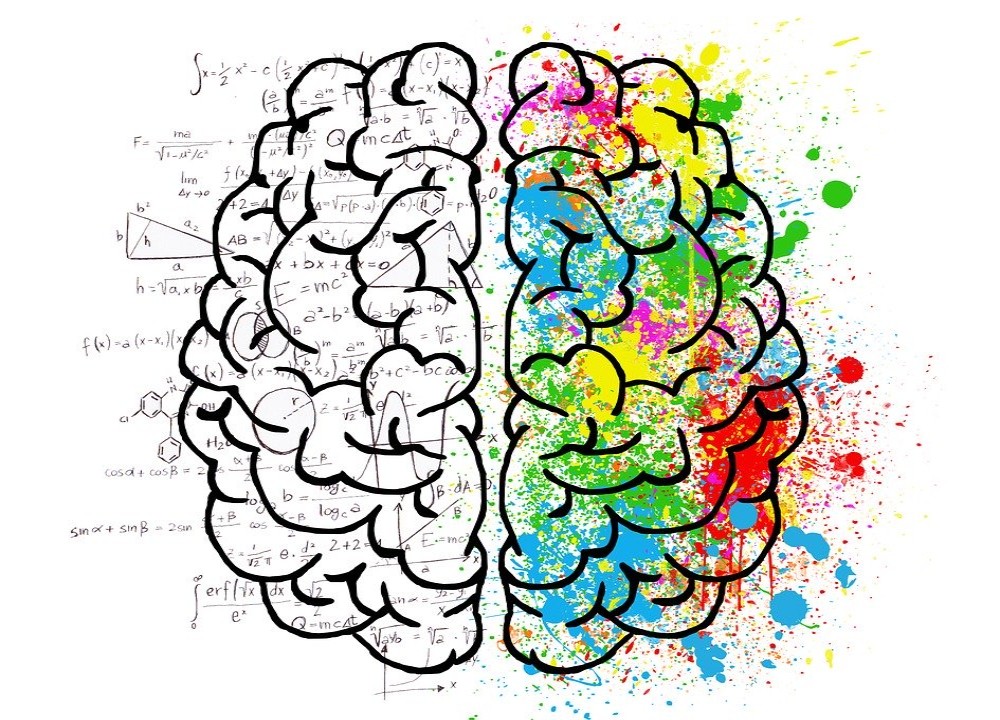Childhood deprivation can cause young adults to have a smaller brain size according to a new study. The study concluded that young adult Romanian adoptees had an 8.6 percent smaller brain size than kids who did not experience the same.
A new study released by King’s College London has determined the brain size of young adult Romanian adoptees who were institutionalized is 8.6 percent smaller than English adoptees who did not suffer any form of deprivation.
The research also showed that the deprivation caused a 0.27 percent reduction in brain volume per month. The young adults who faced deprivation also had a lower IQ and symptoms of attention deficit hyperactivity disorder (ADHD).
Effects of childhood deprivation on brain size
The research involved studying 67 young adults between the ages of 23-28 years who had been institutionalized by the Romanian communist regime. The result of the study was compared to 21 English adoptees between the ages of 23-26 years who had not suffered childhood deprivation. The study was published in Proceedings of the National Academy of Sciences (PNAS).
This is the first research that looked deeply on the effect of childhood deprivation on young adults’ brain. The study was also able to determine what severe childhood deprivation caused in cognitive development. It found that children who had experienced childhood deprivation did not have good cognitive abilities compared to their counterparts who had a normal childhood.
The research was part of the Medical Research Council (MRC) and was conducted at the Centre for Neuroimaging Sciences at King’s College London. It was part of a major study examining how Romanian and English adoptees compare in mental health and cognitive performance.
Parts of the brain affected
The study also focused on where the brain changes were occurring. It found that for the Romanian adoptees who had suffered deprivation, they also had smaller right inferior frontal regions of the brain both in terms of volume and surface area. This was in contrast with other adoptees who had not suffered deprivation. They had a larger right inferior temporal lobe.
This difference in temporal lobe sizes may have contributed to ADHD, according to the study. The regions most affected contributed to ADHD in young adults who had been deprived of a childhood.
The principal investigator of the study, Professor Edmund Sonuga-Barke, while reflecting on the implication of the study, said,
By investigating the long term impact of deprivation our research highlights the need for a life-span perspective on the provision of any help and support, especially during the transition to adulthood. More speculatively, the evidence of neural compensation in the inferior temporal lobe provides encouragement to look for ways that might help the brain adjust to deprivation and to improve outcomes.
The study showed that childhood deprivation was a major factor in the development of the human brain. It showed how such deprivation could affect the cognitive and mental health development of a child while growing up.
Featured image by Pixabay







